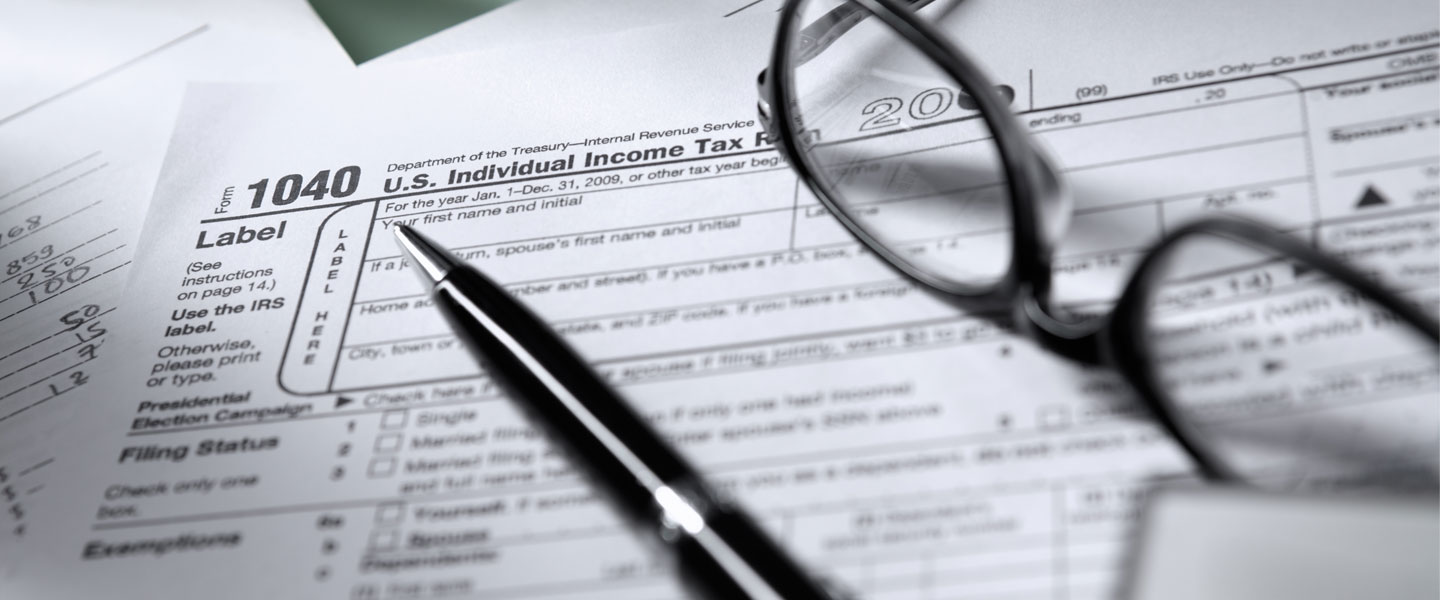When choosing to start a business, it’s important to consider the following:
Employer Identification Number
Most business owners will need an Employer Identification Number (EIN). It’s a permanent number and can be used for most business needs, from opening bank accounts to filing a tax return by mail. Business owners can get their EIN immediately by applying online at IRS.gov at no cost.
Business structure
Taxpayers must decide what form of business entity to establish when starting a business. This helps determine which income tax return form must be filed. The most common business structures are:
- Sole proprietorship – When an individual owns an unincorporated business by themselves.
- Partnerships – The relationship between two or more people to do trade or business.
- Corporations – In forming a corporation, prospective shareholders exchange money, property or both for the corporation’s capital stock.
- S Corporations – Are corporations that elect to pass corporate income, losses, deductions and credits through to their shareholders for federal tax purposes.
- Limited Liability Company (LLC) – Are allowed by state statute and may be subject to different regulations. The IRS will treat an LLC as either a corporation or a partnership, or as part of the owner’s tax return (e.g., sole proprietorship), depending on elections made by the LLC and its number of members.
Understand business taxes
By law, everyone must pay taxes as they earn income. For small business owners and self-employed people, that usually means making quarterly estimated tax payments as their business earns or receives income during the year. The form of business being operated determines what taxes must be paid and how to pay them. The four general types of business taxes are:
- Income tax – All businesses except partnerships must file an annual income tax return. Partnerships file an information return.
- Self-employment tax – Is a Social Security and Medicare tax primarily for individuals who work for themselves. Payments contribute to the individual’s coverage under the Social Security system.
- Employment tax – When small businesses have employees, the business has certain employment tax responsibilities that it must pay and forms it must file.
- Excise tax – Excise taxes are imposed on various goods, services and activities. Such taxes may be imposed on the manufacturer, retailer or consumer, depending on the specific tax.
Good recordkeeping
In addition to helping with tax return preparation, maintaining well-organized records can also help small businesses prepare financial statements, identify sources of income, keep track of deductible expenses and monitor their progress, among other benefits. Taxpayers should plan to maintain their records for at least three years.
Business year options
A “tax year” is an annual accounting period for reporting income and expenses. Small businesses must figure their taxable income based on a tax year and can choose between:
- Calendar year – 12 consecutive months beginning January 1 and ending December 31.
- Fiscal year – 12 consecutive months ending on the last day of any month except December. A 52 to 53 week tax year is a fiscal tax year that varies from 52 to 53 weeks but does not have to end on the last day of a month.
Additional information





